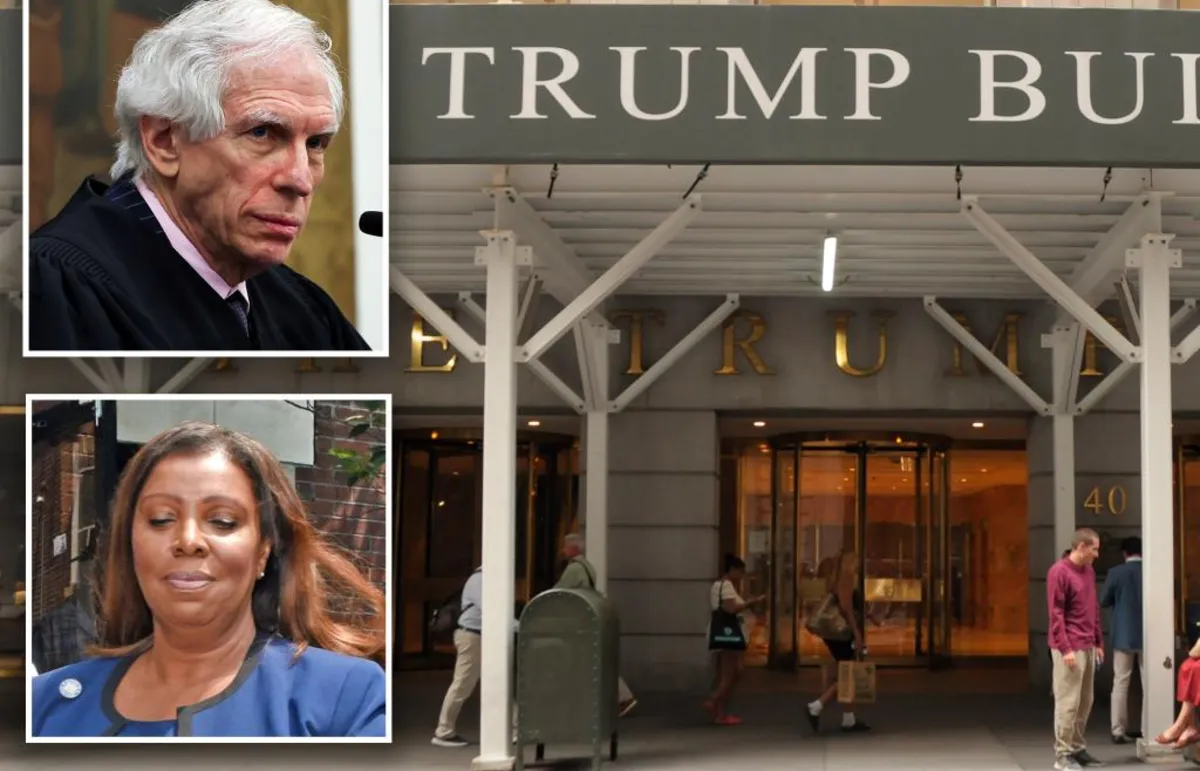
The New York Appellate Division has made a significant ruling, determining that the hefty fine of half a billion dollars imposed on President Trump for allegedly overvaluing his properties, including the notable 40 Wall Street, is unconstitutionally excessive. This decision should ideally be the final word on the matter, yet its future remains uncertain.
This ruling serves as a clear rebuke to New York Attorney General Letitia James, who spearheaded this politically charged fraud case against Trump. The ruling also critiques the state Supreme Court Judge Arthur Engoron, who initially approved the staggering $500 million penalty that James sought. The Appellate Division's decision, although impactful, was not unanimous, suggesting that it may undergo further examination by the New York Court of Appeals, the state's highest judicial authority.
It's important to note that the Court of Appeals consists of seven members, all of whom were appointed by current Governor Kathy Hochul or former Governor Andrew Cuomo. This composition leans heavily towards a leftist ideology, raising concerns about the potential outcomes of any review of the Appellate Division's ruling.
This case is not the first instance where Judge Engoron has faced backlash from the Appellate Division. In fact, this situation marks at least the third time he has been overturned in a high-profile civil case related to real estate. For instance, last year, he was unanimously rebuffed by Appellate judges when he attempted to block a mixed-use development project at 250 Water Street near the South Street Seaport. His reasoning, which cited an alleged "impermissible" relationship between the developer and the Landmarks Preservation Commission, was deemed a flimsy excuse aimed at derailing a project he opposed.
Additionally, in early 2020, the Appellate Division unanimously overturned another one of Engoron's decisions, which rejected plans for new high-rise towers on the Lower East Side. Engoron's rationale was that developers could not proceed simply because zoning laws permitted it, highlighting a fundamental misunderstanding of property rights and development regulations.
If justice prevails, it is likely that Judge Engoron will face yet another setback in this ongoing legal saga. The weight of the Appellate Division's ruling casts a long shadow over the legitimacy of the fines imposed and raises questions about the motivations behind such legal action against Trump.